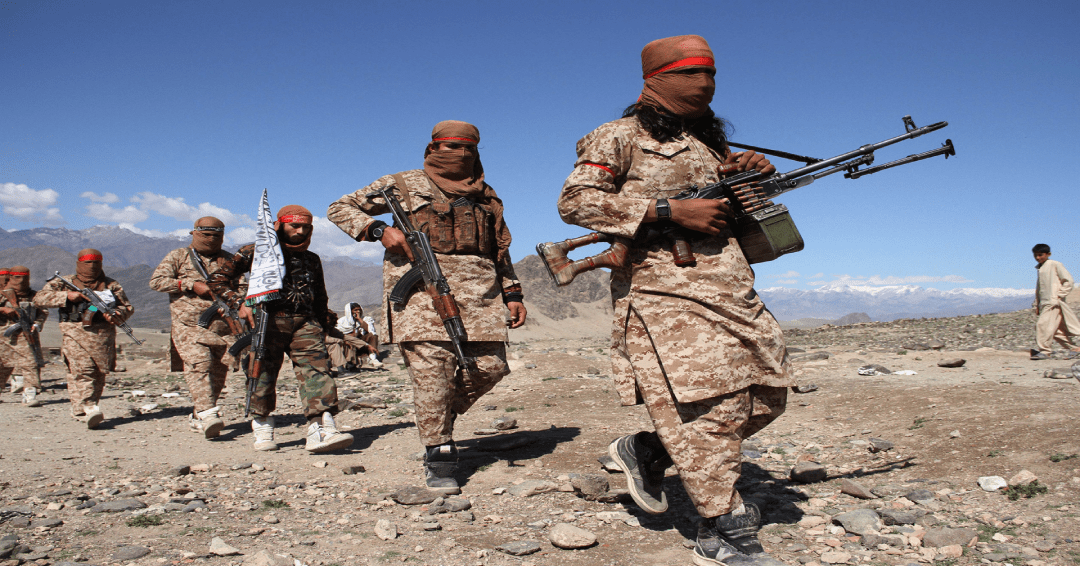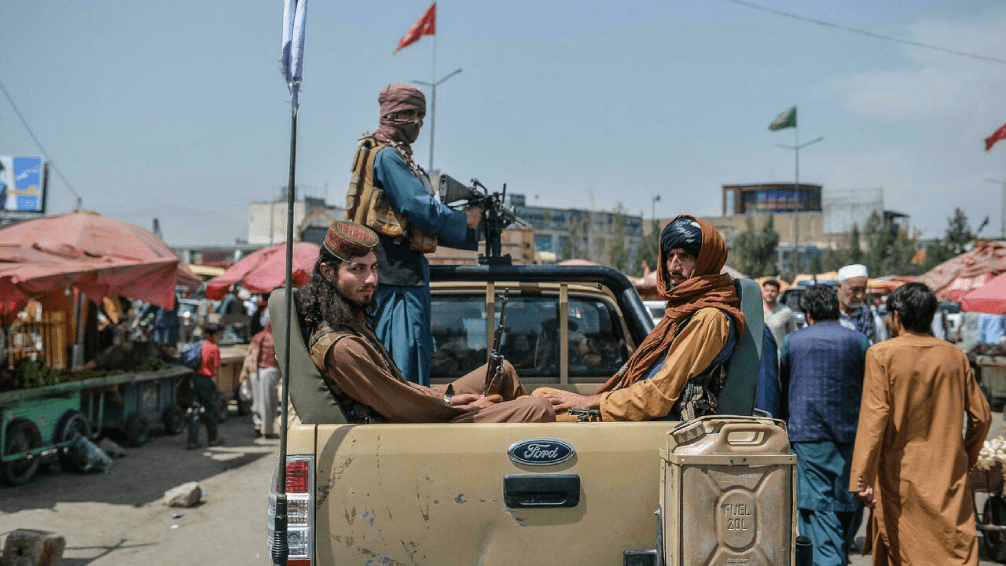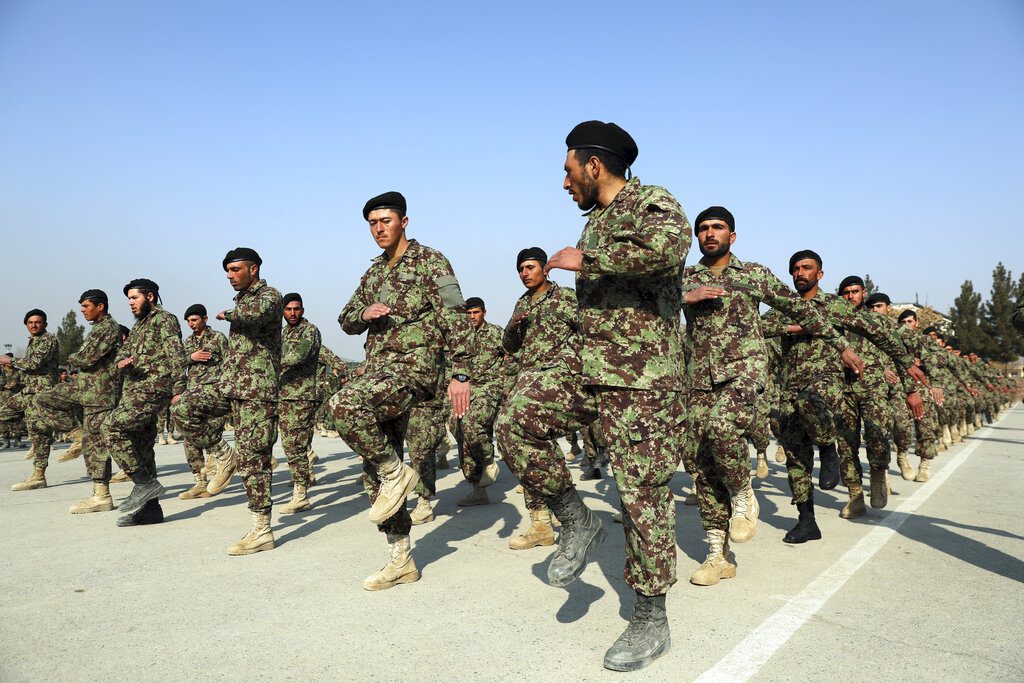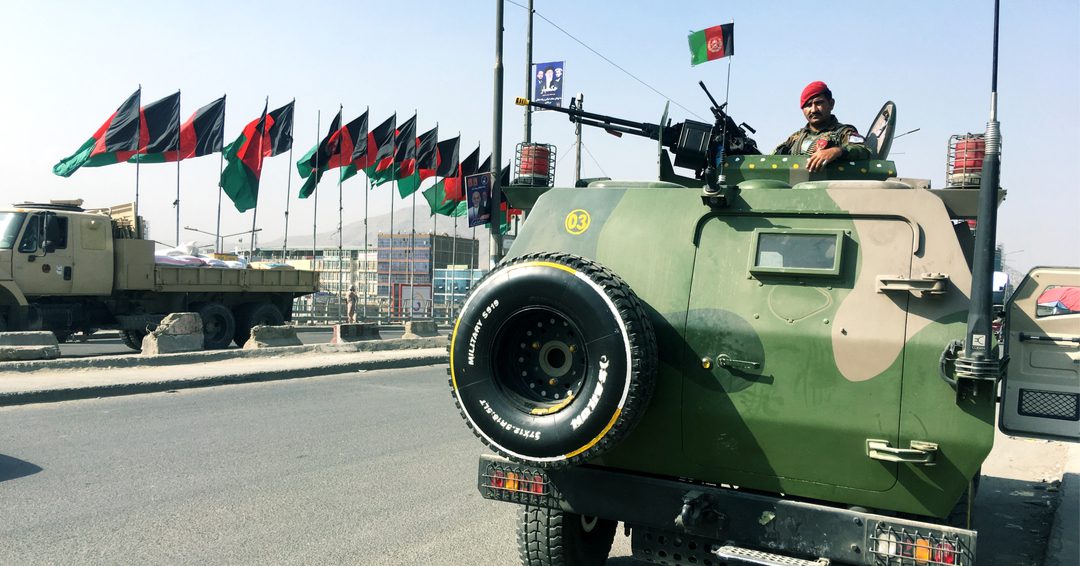(August 19, 2021) On August 6, when heavily armed Taliban fighters sitting atop Humvees descended on the south western province of Nimruz in war-torn Afghanistan, Abdul Samad Rahimi knew what was coming. Far away from his country in Hyderabad, Rahimi began making frantic calls to his parents even as he watched the developments unfold on television in utter disbelief. By then, his 65-year-old father, a highly respected member of the Baloch tribe, had left his home in Nimruz along with his wife for a safer destination. Over the last 11 days, Rahimi’s parents have constantly been on the move, concealing their identities and doing all it takes to escape the Taliban.
The Afghan province of Nimruz, which lies on the border with Pakistan and Iran was the first to fall to the Taliban: they’d attacked the province from three directions, leading to a quick collapse of defenses by Afghan security forces.
”Ever since the Taliban took control of Nimruz, I’ve managed to talk to my father only a couple of times over WhatsApp calls. Lack of internet accessibility due to frequent changing of locations is making it difficult to reach him,” informs the 34-year-old, his voice choked with emotion.

Abdul Rahimi (extreme right) worked as a language trainer in Afghanistan
Until last month, Rahimi was hopeful of returning to his country and serving his community. His visa expires in September end and he now finds himself at a crossroads; his hopes of returning to his motherland, completely shattered. “As a minority group in Afghanistan, we were happy that a democratic government was in place. Now, all of it has collapsed. I still cannot digest that everything has changed so rapidly,” says Rahimi, speaking exclusively to Global Indian.
The Afghan national had come to India on an ICCR scholarship in 2019. With the deteriorating security situation back home, his wife and six-year-old daughter joined him in Hyderabad early this year. He was pursuing MA (TESL) in The English and Foreign Languages University (EFLU) in the city. The course ended recently and the family was looking forward to returning home. “We wanted to get our daughter enrolled in one of the girls’ schools there so she could remain closer to our community and serve them. But for the Taliban seizing control, I would have been back in my country. Now, I am stuck here and there is no way we can go back,” says Rahimi, who refers to India as his second home. He got married in the year 2015.

Abdul Rahimi (left) back home in Afghanistan during happier times
One of the main reasons why Rahimi cannot go back to his country was his stint in USAID, an independent agency of the US government, which helped Afghanistan with foreign aid and development assistance. It helped bring more Afghans back into economic and civic life after years of brutalization by the Taliban before the US sent in its troops in the aftermath of 9/11. “I worked with USAID for 9 months but the Taliban began threatening my father with dire consequences if I did not quit the job. I gave up the job after my father asked me to resign. Now, my city is under the control of a terrorist group (Taliban) and they are hunting for all those who’ve worked with US companies in the last two decades. People like me do not have a place to live there,” informs Rahimi.
Whatever little conversations Rahimi has had with some people back home, they tell him that the Taliban, at least for now, appear flexible. “At the moment, it appears they are trying to deceive Afghans by some sweet talk. Sooner or later, they will change their colors and go back to their brutal ways. There is no guarantee for the lives and future of Afghans.”
Another reason Rahimi feels at home in India is the government’s support for the Baloch people. “People here are kind and we Afghans feel a lot safer here. No one knows what lies ahead for Afghanistan. I shudder to think what will happen to Afghans under the Taliban rule. There will be no freedom of speech, who will hear the voice of the people in the absence of a democratically elected government?” wonders Rahimi, who also worked as a language trainer in a government institution in Afghanistan.
Asked what he plans to do now, Rahimi, who is utilizing the money he saved to buy his return tickets, says he is looking at options to stay back here. For this, he would need to apply for an extension of visa for himself and his family.
Over the years, dozens of Baloch activists from Balochistan (Pakistan) have been frequenting Nimruz, which is also close to the borders of the Afghan provinces of Helmand and Farah. “They (Baloch activists) used to feel safe in Nimruz and would take refuge there. Many of them are dislocated after the Taliban takeover,” a worried Rahimi says.






